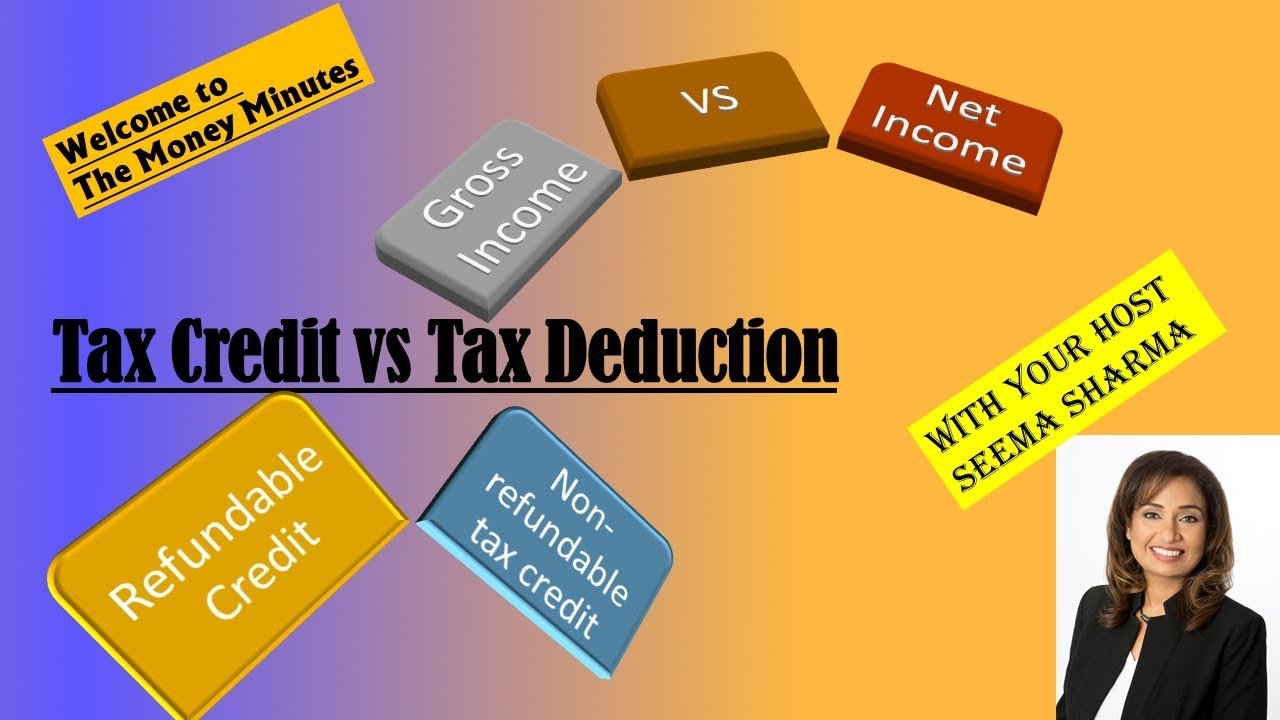End Taxation: A Path to True Economic Freedom
In the modern world, taxation has become an accepted norm, a necessary evil that fuels government functions, public services, and societal infrastructure. However, as our society evolves, it’s time to rethink the way we approach economic freedom. The idea of ending taxation may seem radical, but it offers a vision of a society where individuals have greater control over their wealth, innovation thrives, and economic liberty becomes a reality.
The Case Against Taxation
Taxation, in its current form, is a complex system that imposes a significant burden on individuals and businesses alike. The sheer complexity of tax codes, the time and resources spent on compliance, and the potential for errors and penalties create an environment of stress and inefficiency. Moreover, taxation often penalizes productivity and success, discouraging innovation and hard work.
- Economic Inefficiency: Taxation distorts market behavior by altering incentives. High taxes on income, for example, discourage individuals from working harder or investing in their businesses. This leads to reduced productivity, stifled innovation, and slower economic growth.
- Government Waste: A significant portion of tax revenue is often wasted on inefficient government programs, bureaucracy, and corruption. The lack of direct accountability for how tax dollars are spent leads to mismanagement, and the burden falls back on taxpayers to cover these inefficiencies.
- Erosion of Personal Freedom: Taxation represents a form of government control over individual wealth and decision-making. The more taxes people pay, the less control they have over their financial future. This diminishes personal autonomy and limits opportunities for wealth creation and self-determination.
The Vision for a Tax-Free Society
Imagine a society where taxation is eliminated or drastically reduced. How would such a system function? Here are some key principles that could guide a tax-free society:
- Voluntary Contributions and User Fees: Instead of compulsory taxation, government services could be funded through voluntary contributions and user fees. People could choose to support the services they value, leading to more efficient and responsive governance. For example, roads and infrastructure could be funded by tolls, while education could be supported through tuition and private donations.
- Decentralization of Government Services: Reducing the size and scope of government could lead to more localized and efficient services. Decentralization allows communities to manage their own needs without the inefficiencies of a centralized bureaucracy. This could result in more tailored solutions that better meet the needs of individual communities.
- Private Sector Innovation: Without the burden of taxes, individuals and businesses would have more capital to invest in new ideas, technologies, and ventures. This could lead to a surge in innovation, job creation, and economic growth. The private sector, driven by competition and consumer choice, could provide many services traditionally handled by the government, often with greater efficiency and quality.
- Charitable Giving and Social Responsibility: In a tax-free society, individuals and businesses would have more disposable income to donate to charitable causes and social programs. This could lead to a stronger culture of philanthropy and social responsibility, where communities take care of their own through voluntary support rather than government mandates.
Challenges and Considerations
Ending taxation is not without its challenges. The transition would require careful planning, public buy-in, and the development of alternative funding mechanisms. There would also need to be safeguards to ensure that essential services, such as public safety and social safety nets, are adequately provided.
- Transition Period: Moving from a tax-based system to a tax-free society would require a gradual transition. During this period, governments would need to reduce spending, privatize certain services, and implement new funding models. Public education and engagement would be crucial to gaining support for these changes.
- Addressing Inequality: One concern is that a tax-free society could exacerbate economic inequality. To address this, mechanisms such as voluntary wealth redistribution, social enterprises, and community-driven initiatives could play a role in ensuring that the less fortunate are supported.
- Maintaining Public Goods: Some services, like national defense and public health, are traditionally funded by taxes and may be challenging to sustain through voluntary contributions alone. Innovative solutions, such as public-private partnerships and incentivized contributions, could help bridge this gap.
Conclusion
The idea of ending taxation is bold, but it represents a vision of true economic freedom where individuals have more control over their wealth and destinies. By rethinking the way we fund government services and embracing the principles of voluntary contribution, decentralization, and private sector innovation, we can create a more efficient, prosperous, and free society.
